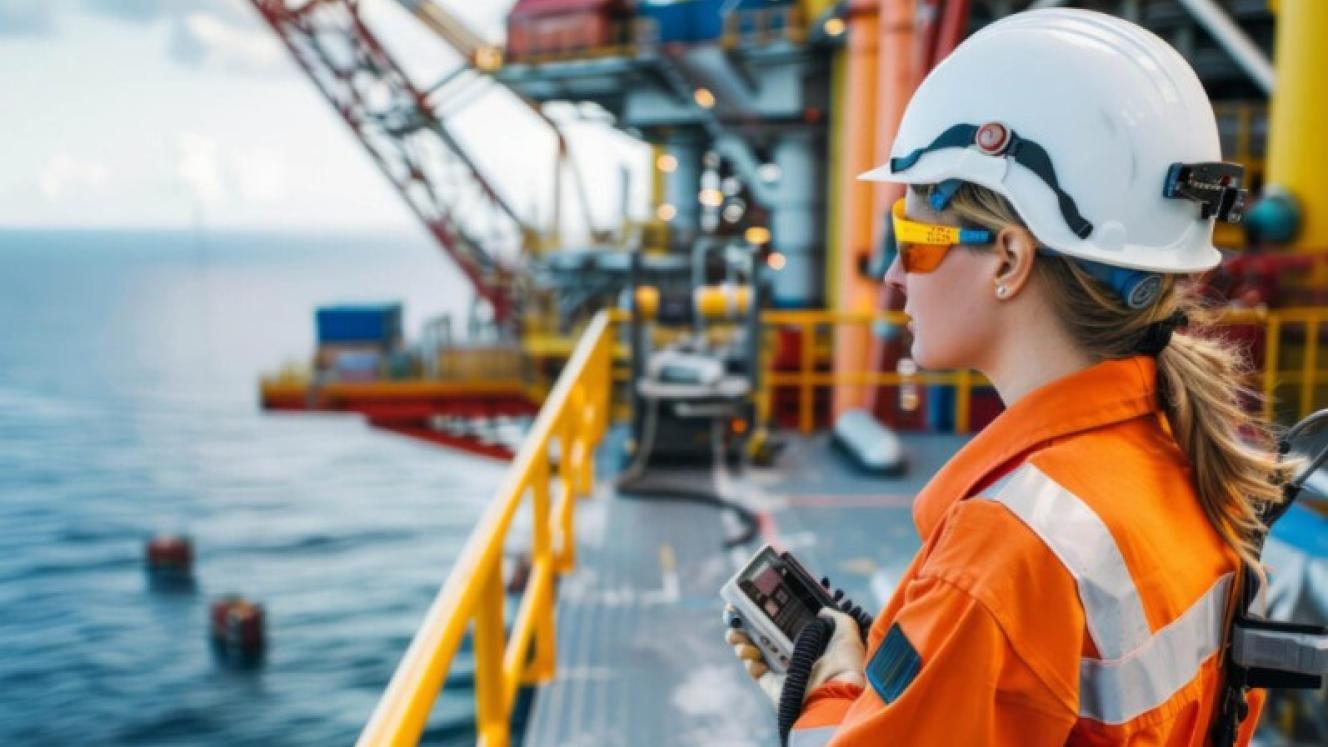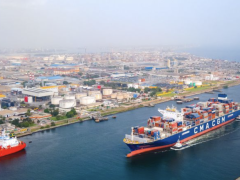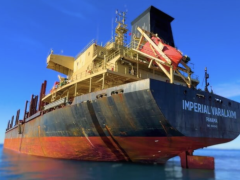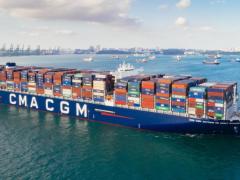The latest Annual DEI in Maritime Review from the London no-profit Diversity Study Group (DSG) shows that seafarers and shore-based professionals are increasingly calling for workplaces that are fair, inclusive and accountable.
The study, which tracks changes in employee sentiment towards data-driven diversity, equity and inclusion (DEI) initiatives, reflects rising expectations across the global maritime sector.
This year’s review gathered responses from nearly 10 000 participants, the highest number recorded. Respondents were asked about their experiences at work, the support available to them and their wider views on organisational DEI efforts.
The findings indicate that DEI training is producing a measurable positive effect for staff at sea and ashore, improving well-being, psychological safety and the ability to recognise discriminatory behaviour.
However, the data also exposes a significant structural gap; middle managers are consistently less likely to receive DEI training, even though they play a central role in shaping workplace culture, supporting teams and applying organisational policies. Many also reported feeling less able to raise concerns or challenge discrimination.
DSG founder and CEO Heidi Heseltine says public debate over the past year frequently focused on claims of a backlash against so-called woke initiatives; however, the maritime workforce is signalling a different reality.
She adds that employees are not disengaging from DEI matters, but instead are strengthening their interest and involvement, making clear that they expect fairness, respect and accountability, alongside visible progress within their workplaces.
The review also highlights substantial disparities in lived experience. Female seafarers, who continue to make up only a small proportion of the workforce, remain far more likely to encounter negative treatment.
More than one in three reported experiencing psychological harassment, and one in four reported sexual harassment.
While women are disproportionately affected, the data shows that 17 per cent of male seafarers have also experienced psychological harassment. Men accounted for nearly two thirds of those reporting sexual harassment or assault, demonstrating the need for broad, inclusive interventions that support everyone.
Across the workforce, nearly one in five respondents reported some form of psychological harassment. Lesbian, gay and bisexual (LGB) seafarers and those in middle-ranked roles were among those most affected.
Despite the challenges, several indicators point to progress. Nine in ten female seafarers now feel they can be themselves at work, confidence in the effectiveness of anti-discrimination policies has risen to 85%, and the proportion of employees who expect action to be taken when concerns are raised has increased to 80%.
Female representation in trainee and junior roles has recovered to 60%, suggesting a strong entry pipeline, although representation still drops sharply beyond middle management, indicating an ongoing retention and progression issue.
Shore-based employees with disabilities and individuals whose gender differs from that assigned at birth continue to report lower levels of positive sentiment.
Among LGB respondents, only 77% felt able to be themselves at work, compared with 84% overall. At sea, LGB seafarers remain significantly more likely to face psychological or sexual harassment.
Heseltine observed that employees at sea and ashore want workplaces where they can speak openly, be authentic and trust that harmful behaviour will be addressed. She added that the data confirms progress is taking place, although accountability mechanisms need to develop at the same pace in order to sustain and deepen that progress.













